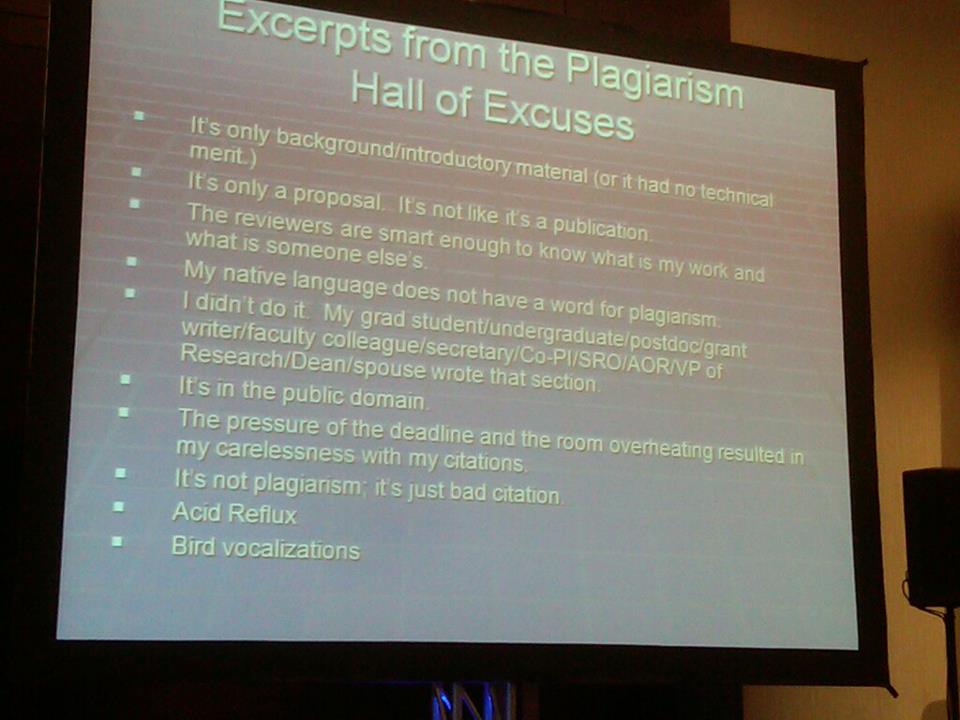
After more than four years of doing, well, not much, evidently, Scientific Reports — a Springer Nature title — has retracted a paper which plagiarized from the bachelor’s thesis of a Hungarian mathematician.
The article, “Modified box dimension and average weighted receiving time on the weighted fractal networks,” was purportedly written by a group of researchers from China led by Meifeng Dai, of the Nonlinear Scientific Research Center at Jiangsu University.
Except it wasn’t. As the retraction notice states:
Continue reading An author realized a paper had plagiarized his thesis. It took the journal four years to retract it.





